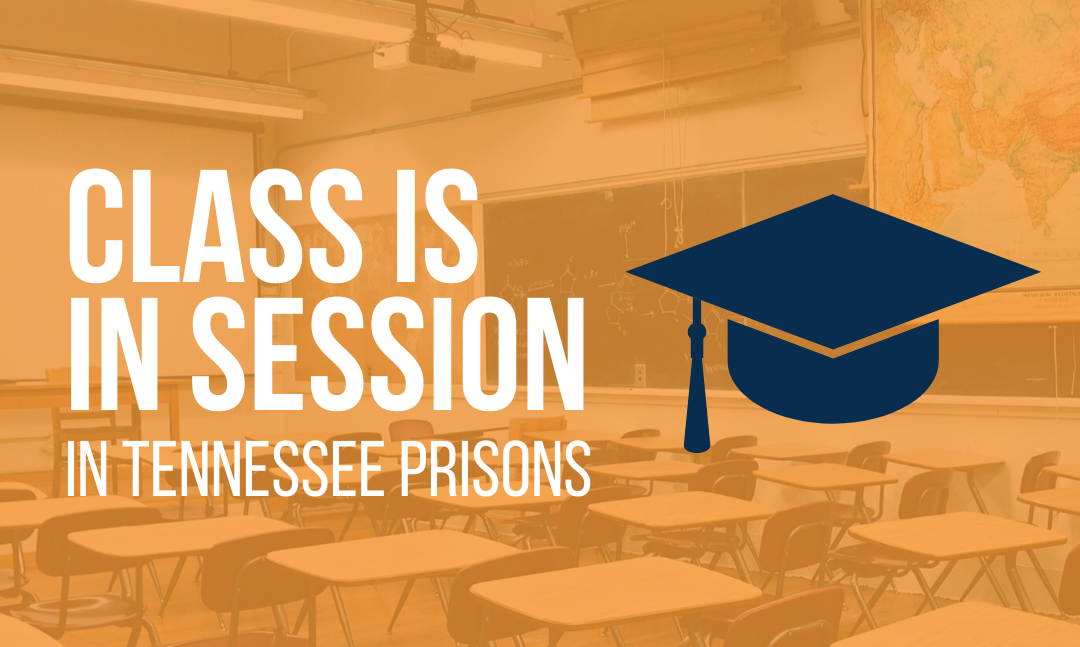Hope 2 Hire Blog / February 2, 2022
What does a new Tennessee law mean for Shelby County inmates in 2022?
Laws related to the Tennessee prison system are updated on a regular basis. Sometimes, the changes are procedural and don’t impact most of Tennessee’s citizens. But when the state officially condones partnerships between educational institutions and state prison systems, we all benefit.
In 2021, the Tennessee House enacted HB0240 which amended a portion of the state’s code related to state community colleges and technical schools. While the amendment is mostly legalese, the outcome is an important one: state community colleges and colleges of applied technology are now explicitly allowed to create educational partnerships with corrections and corrections-transition facilities in an effort to reduce recidivism.
While organizations like Hope 2 Hire have been forging such partnerships with organizations like Tennessee College of Applied Technology for several years, this amendment officially recognizes in-facility education as a meaningful way to reduce recidivism across the state.
What does this mean for inmates in Tennessee?
In Shelby County, this solidifies existing partnerships through organizations like Hope 2 Hire, and could open additional pathways to expand programming and potentially receive additional funding. For inmates in other counties across the state, this could create opportunities to expand their skill set and chart new career paths upon their release from prison.
What still needs to be done?
Clarifying the role that state educational institutions can play in supporting community rehabilitation is an important first step. When inmates can gain meaningful skills while they’re in prison, they can better engage with our local economy upon release. When people can work, earn a living wage and support themselves, recidivism rates are proven to fall. But local businesses need to willingly hire people with criminal backgrounds to truly change the rehabilitation dynamic in Tennessee. While many organizations in Shelby County are removing criminal history screenings as part of the hiring process, not all are. As this practice expands, increased opportunities for meaningful employment after incarceration will reshape horizons for our incarcerated neighbors.
← All Blog Archives
